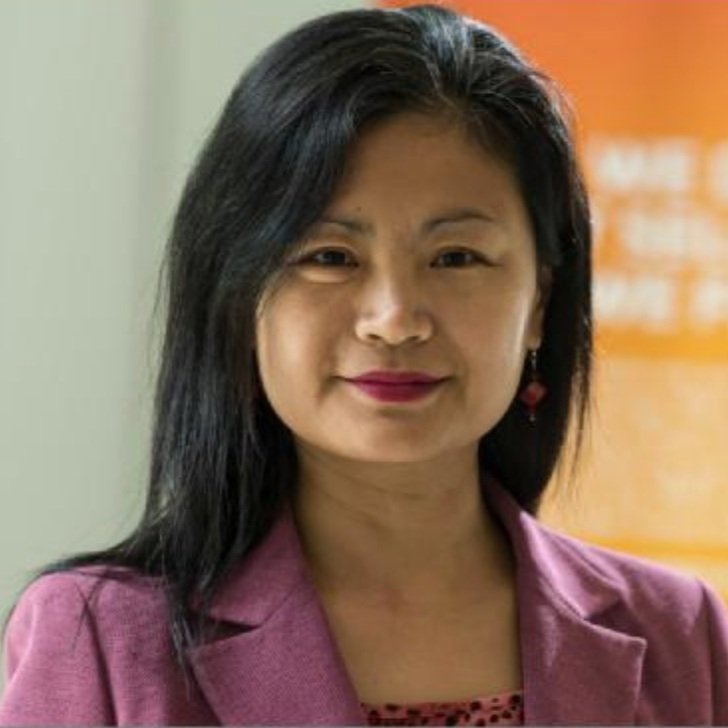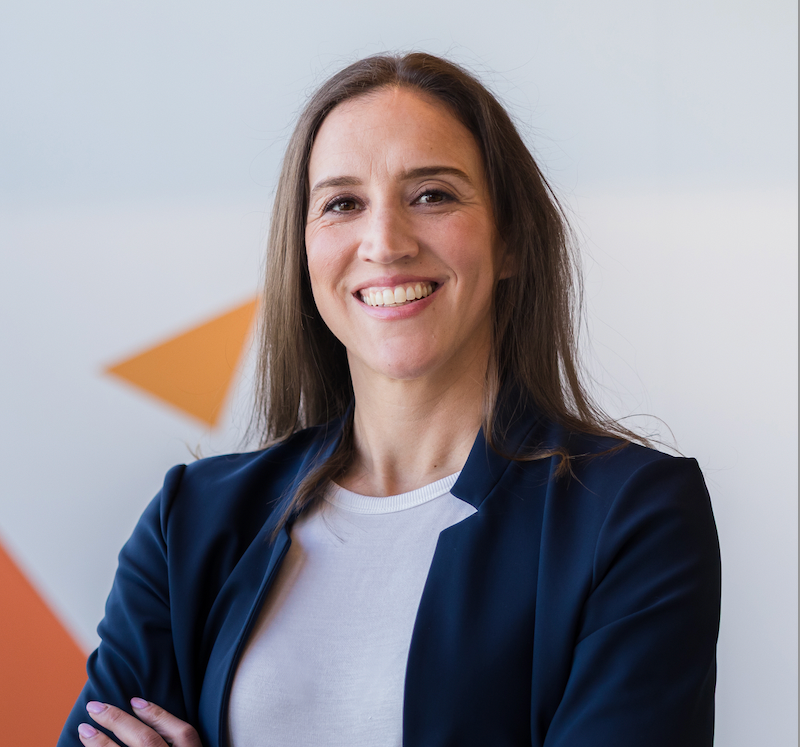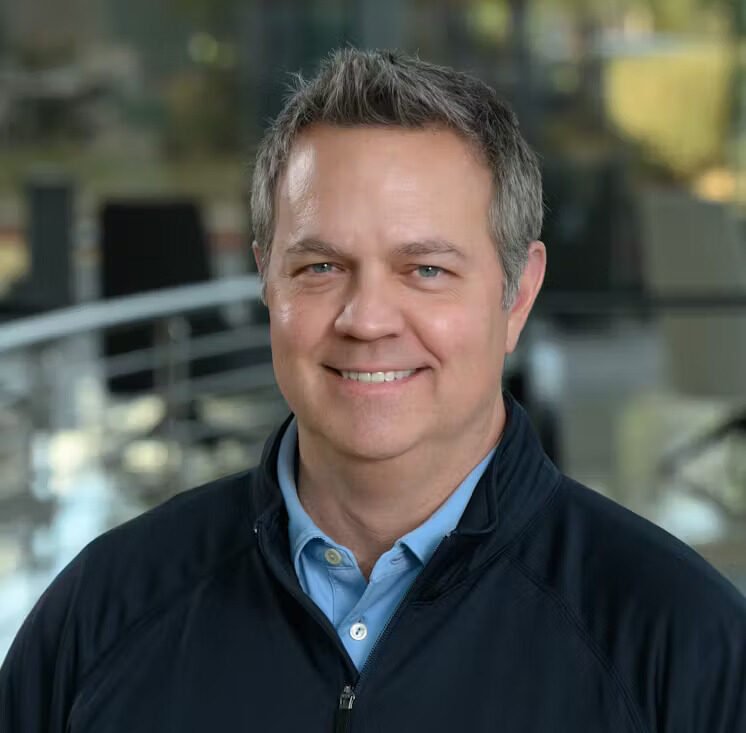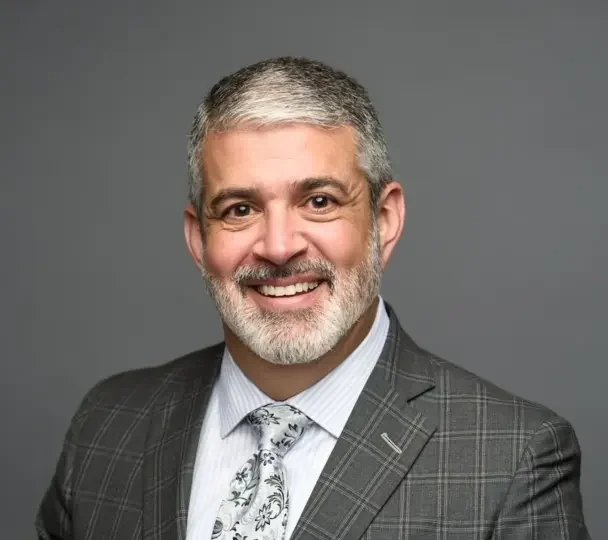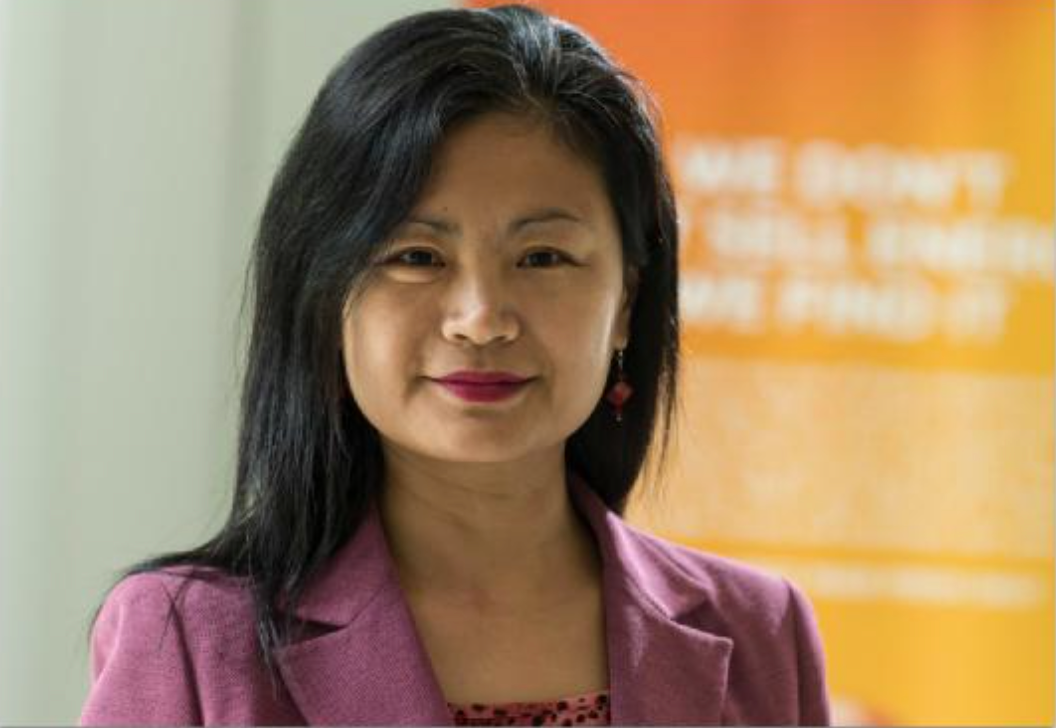
I recently went one on one with Chao Cheng Shorland, co-founder and CEO of ShelterZoom.
Adam: Thanks again for taking the time to share your advice. First things first, though, I am sure readers would love to learn more about you. How did you get here? What experiences, failures, setbacks, or challenges have been most instrumental to your growth?
Chao: My background is as an enterprise architect with a long history of being involved in software development. On a personal level, I was born in Shanghai, China but my family moved to Australia when I was a teenager. That’s where I went to university and had most of my professional career until moving to the U.S. about five years ago. Being immersed in three different cultures has certainly had its challenges, but being able to navigate different cultures has proved an invaluable skill set now that I manage such an international team. We all need to communicate clearly with each other despite different language barriers, time zones, and cultural expectations.
Adam: How did you come up with your business idea? What advice do you have for others on how to come up with great ideas?
Chao: About six years ago my partner and I were introduced and we started discussing our different work backgrounds. With my history as an enterprise architect for large corporations and his background as owner of many businesses, including thirty years as a real estate broker in New York, we both saw a synergy between pain points many businesses had and how technology had finally reached a threshold of being able to solve them. It was a lot of creative discussions between us that led to the idea to start a company which could address the needs across all enterprises instead of on a niche-by-niche basis. With that as a background, my advice to others would be to think broadly. Think of the big problems companies need to address, especially if it crosses across multiple sectors, and then apply your knowledge in ways that solve the fundamental problems that support companies’ day-to-day operations.
Adam: How did you know your business idea was worth pursuing? What advice do you have on how to best test a business idea?
Chao: We knew this was going to be a hit because we had both seen firsthand how necessary products like this are and when we shared early prototypes and concepts with trusted advisors they all saw the value also. We also had some early offers to buy the company, but we knew we could build it into something much bigger. One key piece of advice is to ask people whose opinion you trust but are not necessarily friends of yours. The latter are too likely to tell you something is a good idea without really testing you or asking you hard questions. The people who made us defend the idea helped us hone the vision and plan the finer details of the development.
Adam: What are the key steps you have taken to grow your business? What advice do you have for others on how to take their businesses to the next level?
Chao: We have all seen how fast web3 moves. To grow our business we need to think ten steps ahead yet be nimble enough to adapt, whether it is a pandemic or the increased issues around cybersecurity. That means having visionaries on your team who are as adept at having a far-reaching vision as they are at knowing the exact next steps that need to be taken day to day. The ability to switch back and forth between thinking far into the future and the immediate needs is crucial.
Adam: What are the most important trends in technology that leaders should be aware of and understand? What should they understand about them?
Chao: We are heading into an age of decentralized models and greater needs for digital security and privacy. Tokenization is expanding beyond art or sports commodities and making its way into business and enterprise platforms. This is something I have started referring to as a ‘single source of truth’ model. With blockchain, we now have the tools to create an original piece of work and have people access it in a way that they can know it hasn’t been tampered with. This is going to be part of the next generation of web3 infrastructure. Anyone working in this industry or using these tools as a consumer will need to shift their way of thinking toward models that give users more ownership over the process and their data.
Adam: In your experience, what are the defining qualities of an effective leader? How can leaders and aspiring leaders take their leadership skills to the next level?
Chao: To drill down further from my previous comment, a strong vision, and excellent communication skills to convey that vision, especially if leading an international team. Any enterprise-level platform in web3 is going to have to work internationally so this means everything from understanding different communication styles to being able to articulate the vision for the company to many different stakeholders. Other qualities I think an effective leader should possess are a big heart and sound judgment.
Adam: What is your best advice on building, leading, and managing teams?
Chao: Always lead by example and have an ability to listen. Never ask someone to do a job that you’re not willing to do yourself and always make sure your team knows they can bring problems to your attention. When building SaaS software products there are thousands of moving parts, some of them though appear insignificant, they are just as crucial as the larger and more visible pieces. This can mean both the technical aspects of building software as well as the individuals who play a smaller role, but without them many points of failure crop up.
Adam: What are your three best tips applicable to entrepreneurs, executives, and civic leaders?
Chao: That is a diverse group to come up with one central piece of advice for so I would break it into several categories. For entrepreneurs, there is a misconception that you have to have a huge funding round to get started. I’ve seen throughout my career the startups that have a lot of money at the very beginning don’t have the pressure to continue to innovate and this hurts them in the long run. They don’t keep pace with the changing marketplace and when they finally realize they need to adapt, the market has started to shift in yet another new direction.
For civic leaders and executives, I’ll show my bias as the founder of a company that deals with cyber security. I hear about companies being hacked or privacy being compromised nearly every week and it is no longer a question of if you’re going to be hacked, but when. I’d recommend both public and private-facing companies become much more proactive about protecting vital documents. While that is a sign of forward-thinking leadership, I can also make a broader suggestion about the ‘new normal’ in the workplace. It is going to include many more hybrid and remote working options. Companies who don’t manage this transition successfully will face an uphill battle to stay relevant.
Adam: What is the single best piece of advice you have ever received?
Chao: There is a Chinese story about a farmer who buys a prize-winning horse and all the villagers tell him how lucky he is to own such a magnificent horse. His response is always the same: things could be lucky or unlucky, we never know. One day his son falls while riding the horse and is so severely injured he can no longer work on the farm. As people express their condolences his reply is still the same: things could be lucky or unlucky, we never know. Some time later war breaks out and all the able-bodied men are called up to fight and most die in battle. His son stays behind and survives, making his earlier misfortune one of the luckiest things in his life. I have a similar attitude to so many moments that have happened as we have built ShelterZoom. Things that we thought were a negative at the time have turned out to be a positive and vice versa. Even if something feels like it isn’t useful, don’t dismiss it completely because you never know what will happen.


